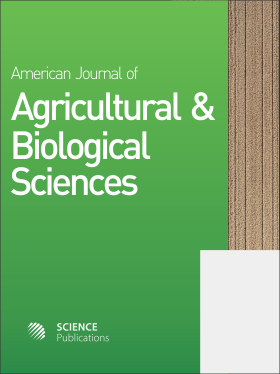Recent Advances in the Synthesis of Artificial Antigen and Its Application in the Detection of Pesticide Residue
- 1 Center of Micro Total Analysis and Nanotechnology, Northwest A & F University, Yangling, Shaanxi 712100, China
- 2 College of Animal Science and Technology, Northwest A & F University, Yangling, Shaanxi 712100, China
- 3 College of Science, Northwest A & F University, Yangling, Shaanxi 712100, China
Abstract
Recent advances in the research of artificial antigen have shown that artificial antigens can be valuable approach for the treatment of some diseases as well as the detection of pesticide residues. By directly/indirectly coupling hapten to an appropriated carrier (macromolecule), artificial antigen can induce animals to produce hapten-specific antibody. Based on this principle, various vaccines have been developed. More impotently, new analytical method, immunological analysis has also been established. Comparing the conventional technologies, such as chromatographic methods, this promising method offers an alternative with high specificity, sensitivity, simplicity and suitability for the analysis of a large number of samples in a short period of time. In this review, we describe the recent advances in the synthesis of artificial antigen and its application in the detection of pesticide residues.
DOI: https://doi.org/10.3844/ajabssp.2007.88.93

- 4,058 Views
- 4,228 Downloads
- 7 Citations
Download
Keywords
- artificial antigen
- synthesis
- pesticide residue
- analysis
